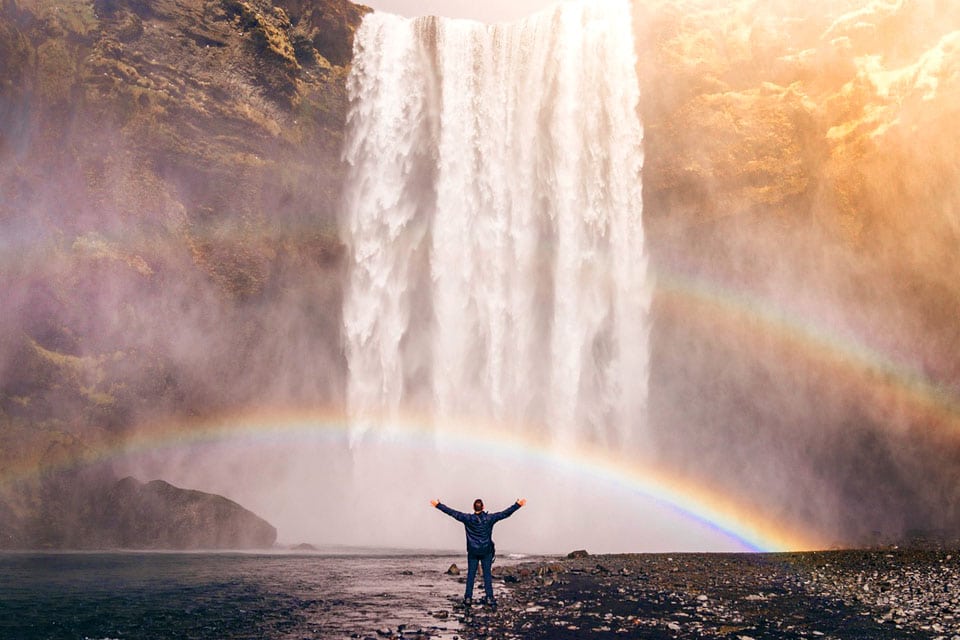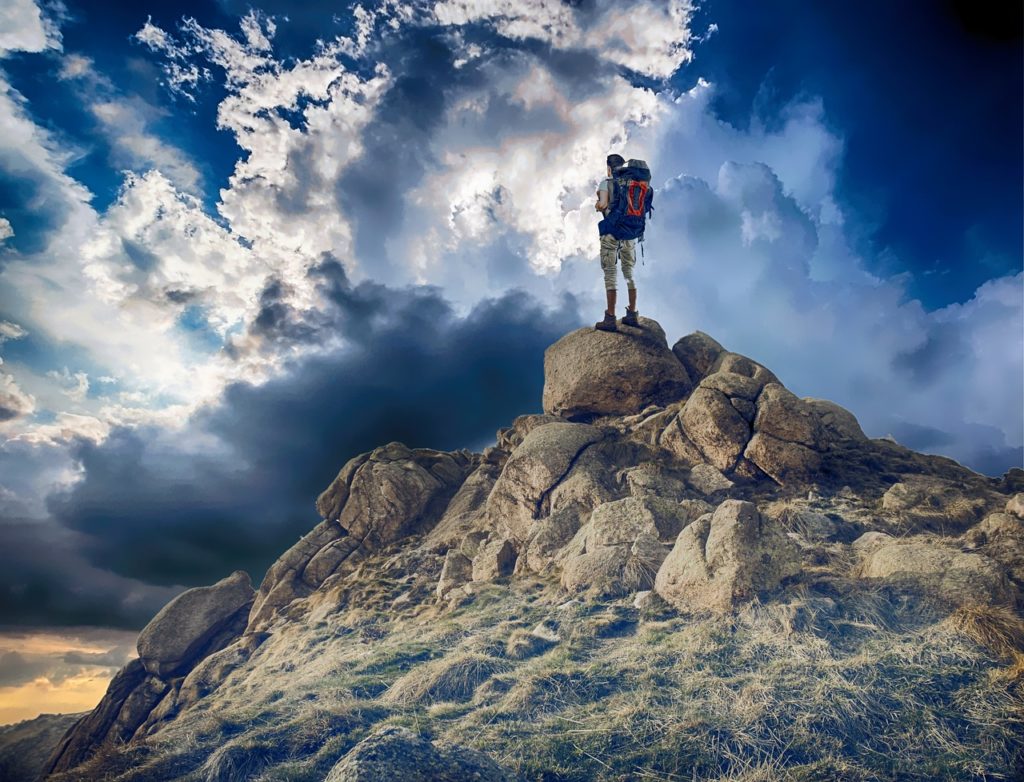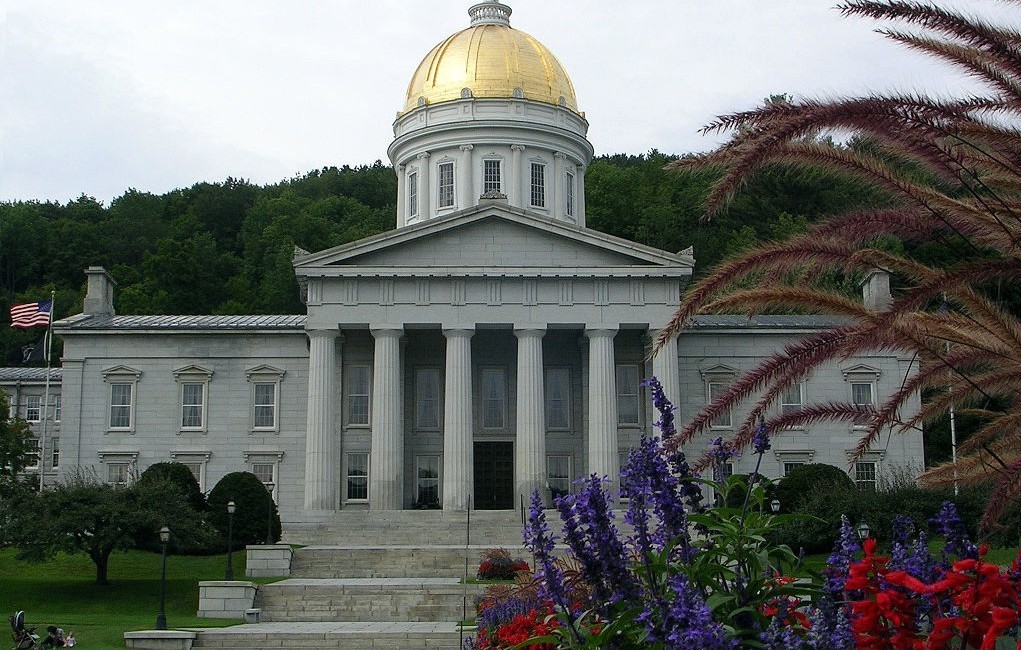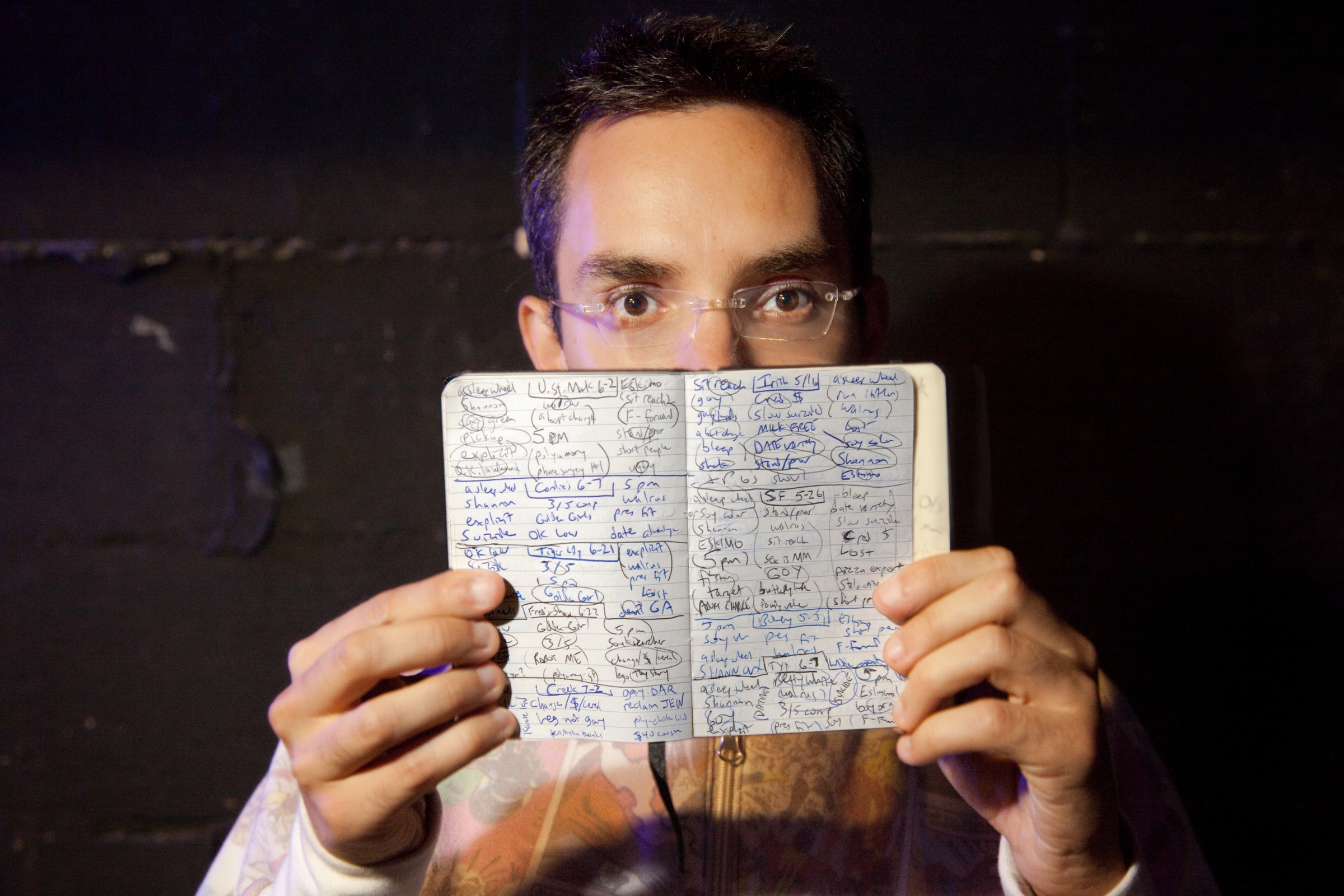In this continuation of our conversation with Matthew Kahl, founder of Veterans for Natural Rights, we delve into the nature of addiction, its relationship to PTSD, and the various ways that experiencing flow states and connection with others can help to relieve self-isolating and compulsive mental habits.
Thanks for speaking with us again, Matthew. In our previous talk, I appreciated how you brought up equine therapy and how effective it was for you. Sometimes plant medicines can be misconstrued as magic pills, but of course they are just powerful catalysts that allow us to turn within and experience presence and wonder again. Gabor Mate says the opposite of addiction is connection, and I love how you said that addiction is just suicide in slow motion. It’s all the same thing, really: depression, anxiety, and addiction are all on the same spectrum of compulsively escaping the present moment, and we need a holistic approach to treating that.
Well, all of our traditional models of treating addiction are based on some experiments in the 1950’s where a rat was locked in a cage, given access to water or a bottle laced with drugs, and observed. Inevitably, every single animal got addicted to these substances, because if you are imprisoned and not able to get out and connect with anything—you can’t even connect with yourself in a cage, it’s really hard to do— then you will choose the bottle with drugs to self-medicate the pain of disconnection.
Many years after these initial experiments, we revisited the experiment and cut a hole in the side of the cage, allowing access out to Rat Park. Rat Park was filled with tunnels and balls and wheels, and most importantly, other rats. When the rats had access to all of this, they didn’t become addicted. Being able to socialize and connect with other beings of our same species is really what the solution to addiction is.
In many ways, PTSD is an addictive process also. We had these certain behaviors within a war zone, and for a while being hypervigilant served us; it kept us safe. But eventually these exact same behaviors that had helped us at one time became destructive and no longer served us. So we’re hanging on to these unhealthy behaviors in the face of these new situations and expecting them to protect us, and it doesn’t really work like that. We need to drop the addiction to these behaviors, this compulsion to constantly scan our sector, constantly look out for threats, and begin to engage in the world again without fear.
One of the best ways to do that is to do what you are most afraid of doing, connecting with other people. Connection with other people is scary, because they end up dying or they end up hurting you, you know? So we have to do the things that we are most scared of, and that’s why I try to get people out of the house and into a group of people that they can relax around. It doesn’t really matter what gets people out of the house that day. I used to throw these cannabis giveaway events—it could be that. It could be whitewater rafting, skydiving, a hike. Whatever it is, if it gets you out of the house that day, it might save your life. That experience of connection and a little bit of physical activity brings your walls down a little bit and before you know it, you’re actually having fun. And most people with trauma have forgotten how to have fun. So teaching them how to have fun is a major part of the process: doing things with them, recreational therapy. And it doesn’t matter what resonates with you—it could be Jiu Jitsu, it could be hiking, it could be climbing 14’ers, it could be skydiving, it could be psychedelics—but something is going to have to bring you out of your isolation to connect with other human beings again, and to have fun.
I couldn’t agree more. Another common thread I’m pulling from the examples you’re sharing is flow states. Being in the ring with a horse who could murder you, whitewater rafting, skydiving, and even hiking are all powerful flow triggers which help someone to experience immediacy and full presence. All that tension can be released when you have to be engrossed in the moment. It’s been argued that transcendence—that experience that flow states and mystical experiences grant us—is one of our primary human drives beyond air, food and water. We have this inborn need to experience transcendence, and when we’re experiencing trauma, that part of us gets cut off.
With PTSD, we’re constantly reliving our trauma and constantly trying to prevent it from ever occurring again in the future—we’re not living right here right now; we’re either in the past or the future. It completely cuts us off from the experience of flow, that moment of just being fully here right now. That is what we’re all seeking. This one Southern guy I met encountered cannabis again and said, “Man, I just started watching the air go through the grass again, you know, the waves in the grass…” And that was him telling me, “I was fully in the moment.” He didn’t vocalize it to me in exactly that way, but he was saying it to me nonetheless: he had finally figured out something that allowed him to be present and not lost in the past or worried about the future again.
One thing that combat does to a lot of veterans is that we miss it. There’s nothing like just being right there: you are fully there, in the moment. A lot of people experience moments of flow when playing football or some other sport. In the military, maneuvering and acting like a team and fighting as a team quite often creates an experience of flow. You could have a firefight last four hours, but it seems in retrospect like the blink of an eye. There are moments that are interminable because you’re sitting there thinking you’re going to die, but you certainly are present during all of it.
I think that all of us [veterans] sort of miss that. And when we get back to the States, we tend to seek out risky behaviors, things that are not smart for us to do—whether it’s driving real fast, doing tricks on a motorcycle, or addiction. Most people struggle with any or all of these things like sex addiction, gambling addictions, and so on, because they make us feel present in that moment. In reality, we’re running from the real issue. The real issue is how we need to feel present even when there’s not that adrenaline going, that drug in our system.
And that’s really the situation with psychedelics too: trying to find that presence in your everyday moments and not relying on the psychedelics in order to do that for you. A lot of us get a glimpse of being fully present, and then afterwards we’re disillusioned by the fact that the real world just smacks us down again. We think, “Well, that was just a fluke, and in order to feel that again I’m going to have to go back to the psychedelics.” But that’s not really true. Psychedelics show you the way, but the real healing comes in the work that you do in your everyday life to renegotiate your relationship to all of your environment and to yourself.
Absolutely. And as you mentioned with Rat Park, our relationship to our extended self, our community.
Yes, and my work with other veterans has brought me a lot of healing too. This feeling like you’re making a difference, making a connection with somebody, it’s very powerful.
Some guys that come out to my events haven’t been out of their basement in six months. They came to my event and now that they are at my event, a lot of times they are just unloading: so much buried, deep, forgotten stuff. Being in a community of people that understands them and wants to help and won’t turn away no matter how weird they are, how crazy they seem—we’re not going to turn our backs on you, and that frees people up to be vulnerable. You can sit there and talk to people while they are isolated in their basements, talk to them on Facebook or call them, but that’s not going to get them out of the house and actually interacting with other people, and that’s what you really have to do. That’s the real solution to all of this.
One of the biggest issues with PTSD is isolation. You just constantly isolate yourself, and other people isolate you too because they don’t think you’re stable or something like that. But overcoming that isolation is where the real medicine is. Medicine isn’t just the pills that they give us, and it’s not even just the psychedelics that have been prohibited for so long. It’s community, it’s connection, it’s nature, it’s exercise—all of these things are medicines. Nutrition is super huge: what we put into our body creates so many things about us, from our psychological makeup to our physiological makeup. We have to take all the medicine wherever we can get it. And it doesn’t matter if it comes in a pill form, or plant form, or new friends—you just have to pursue the things that have meaning to you, and bring you back to your true and present self.












